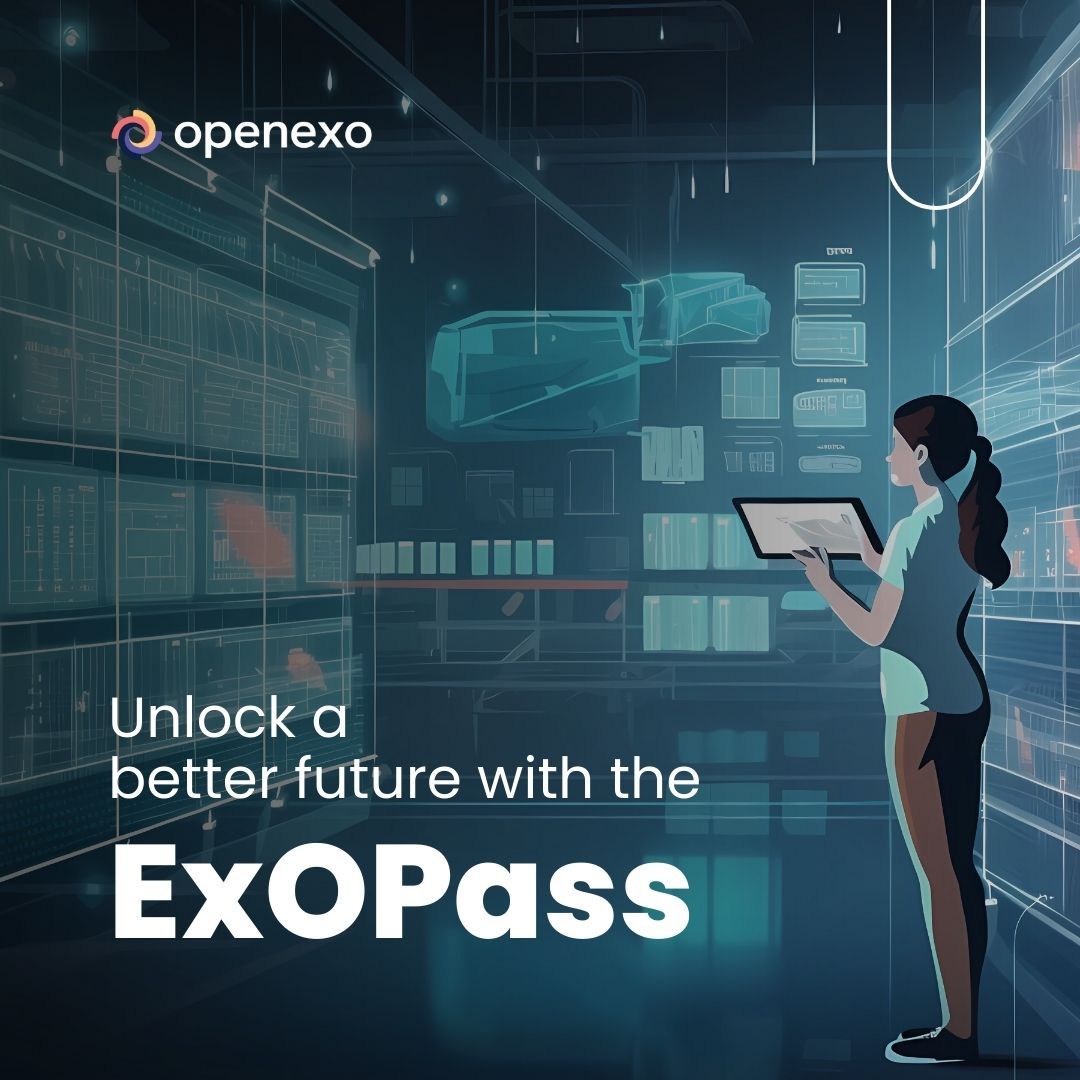
The Games Business Leaders Play: Finite versus Infinite
In the world of business, the shift from finite games with clear winners and losers to infinite games that continuously evolve and involve more players is transforming organizations, fostering a win-win mindset, and inspiring co-creation.
Imagine a bustling playground where business leaders are no longer fighting over a solitary piece of pie but are instead working together to create a feast that delights all. This analogy mirrors the transformation occurring in the world of business - a shift from finite games with clear winners and losers to infinite games that aim to continuously evolve and involve more players. In this article, we delve into the concept of finite and infinite games, as coined by author and academic James P. Carse, and explore how organizations are changing their strategies in the digital age.
The Games We Play
Author and academic James P. Carse, distinguishes between two types of games we play: finite games and infinite games. The former has clear winners and losers, with rules that don't change. The game concludes when someone wins. Infinite games, on the other hand, don't end. The purpose is to continue the game, evolve it, and involve more and more players.
Much of our industrial-age thinking has had us play finite games. Organizations were often busy carving up market slices rather than considering how to collaboratively expand the market pie. A zero-sum game, they believed. You gain; I lose. The objective: winner-takes-all.
However, as we transition into the digital age, the tables are turning. The rules of engagement are shifting, revealing the possibility of expanding the pie. You and I can both win, and so can others. The objective: win-win.
This infinite model, and win-win outcomes, are enabled by a Massive Transformative Purpose (MTP); a key enabler of an Exponential Organization (ExO).
The MTP embodies the infinite game mindset by providing a guiding purpose that transcends individual goals or specific outcomes. It represents the organization’s commitment and ambition to make a lasting impact and continuously strive to achieve its purpose, regardless of external circumstances or competition.
Winners in Business
A classic example that illustrates this point is Kodak. At its peak, the company saw their business in terms of a finite game. They believed they ruled the world of film photography. The threat of digital was on the horizon, but instead of seeing how they could expand the pie (embracing and evolving with digital technology), they clung to their slice. The result? They filed for bankruptcy in 2012.
Apple confirms the value of a different approach. They were once just a computer company. But they saw the potential of music, phones, and even health and expanded into those fields. They didn’t restrict themselves to a slice. They expanded the pie, bringing others along to create win-win outcomes, which further fuelled their growth.
The Swahili proverb, “Unity is strength, division is weakness,” captures the spirit of this play. Business isn't about forging ahead to grab a piece of the pie; it's about journeying together, ensuring everyone gets a slice.
What Game are you Playing?
The question arises for business leaders: Which game are you playing? Are you merely slicing the pie, or contributing to its expansion?
Are you playing a game that you can win? If long-term wins are questionable, it is time to play a win-win game. An infinite game.
Winners Carve Competitive Advantage
It’s not just a tech play. Organizations in the most competitive sectors can play the infinite game.
Patagonia decided not to merely compete in the saturated clothing market. Instead, Yvon Chouinard's company aimed to redefine the relationship between business and the environment. They committed to sustainable and ethical sourcing, donating a percentage of their profits to environmental causes. This wasn’t just about selling apparel; this was about creating a responsible business model and inspiring other companies to consider their environmental impact.
At its heart, we know that ExOs are shifting from a model of competition to one of co-creation. This shift drives the difference between Kodak and Apple, between traditional clothing companies and Patagonia.
It is a choice of game: finite versus infinite.
90 Days to 2024
The first week of October marks 90 days to 2024. In this last quarter of the year, it is valuable to notice the business games that you and others play. Notice the games that are being played in your industry. What game are you playing? And, what are the winners - those that create win-win outcomes - doing in adjacent or distant spaces.
Win-wins are all around us when we start to look for them.
Choose Infinitely
As business leaders, the playground is vast and there is an abundance of ingredients. The digital age gives us the tools and platforms to create value, not just capture it. To grow the pie, not just split it. To play an infinite game, not just a finite one.
Ultimately, the choice of game we play determines not just our business trajectory but our legacy. Do we leave behind empty pie tins or recipes for bigger, better pies? The answer, as always, is up for us to decide. Choose wisely. Choose infinitely.
I believe that amplified ambition drives global goals. What would playing an infinite game mean to your business in 2024?
#BusinessTransformation #FiniteGames #InfiniteGames #DigitalAge #CoCreation #WinWinMindset #Innovation #Collaboration #StrategyShift #InfiniteGameplay #LegacyBuilding

Immerse yourself in the game-changing ideas of OpenExO.
Begin your journey here 🎟️ExOPass & 📚Exponential Organizations 2.0
ExO Insight Newsletter
Join the newsletter to receive the latest updates in your inbox.









